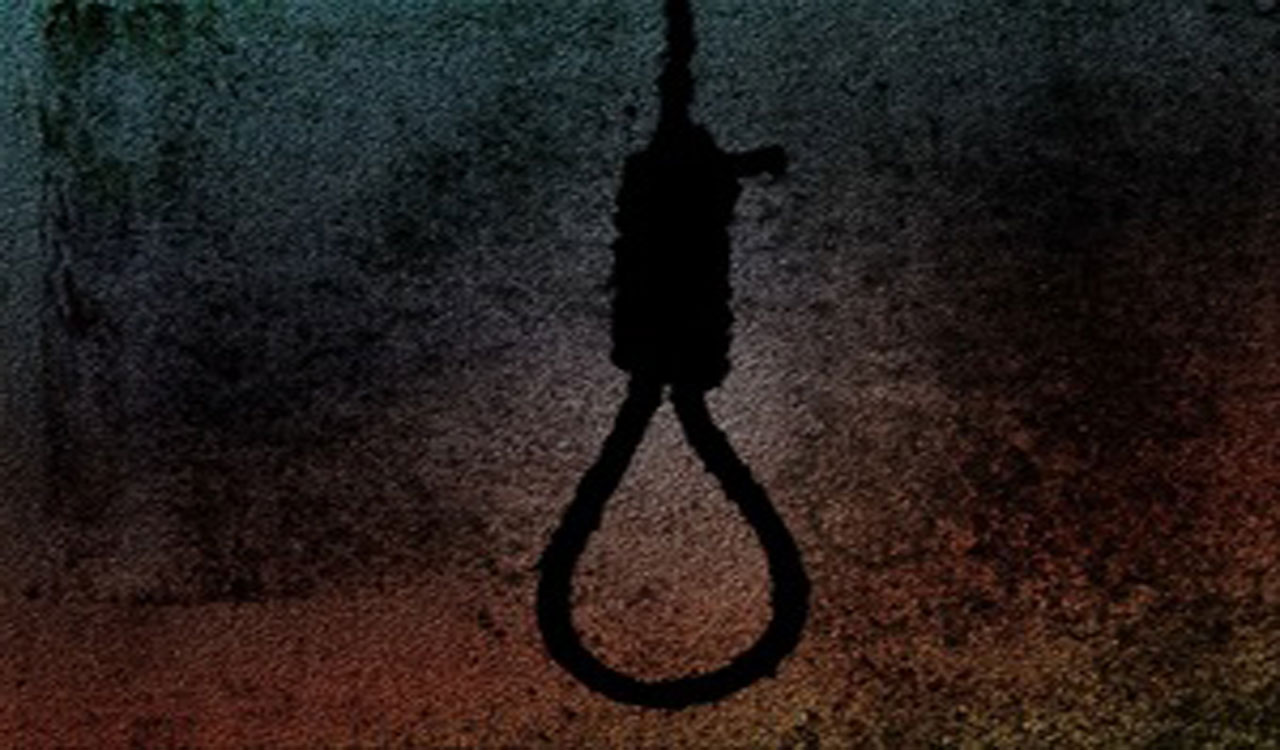Wardens and staff members of hostels in Kota will be given professional training in mess management, psychological and behavioural counselling
Published Date – 11:20 AM, Fri – 15 September 23

Representational Image
Kota: Wardens and staff members of hostels in Kota will be given professional training in mess management, psychological and behavioural counselling, and other aspects of students’ care to equip them to battle the rising number of suicides by aspirants in the coaching hub. The move comes in wake of a record number of suicides this year by students preparing for engineering and medical entrance exams.
Three hostel associations in Kota — Chambal Hostel Association, Coral Hostel Association and Kota Hostels Association — have signed an MoU with the Jai Minesh Tribal University here to design special Hostel Management certificate courses for the wardens and staff.
Over 2.5 lakh students move to Kota annually to prepare for competitive exams such as the Joint Entrance Exam (JEE) for engineering and the National Eligibility-cum-Entrance Test (NEET) for admission to medical colleges.
Kota Hostel Association President Naveen Mittal said there are 3,500 hostels in the coaching hub.
This year has seen the highest number of student suicides — 23 so far — with two ending their lives in a gap of a few hours on August 27 and the latest one being on Wednesday. Last year, the number was 15.
Talking about the training programme, Mittal told PTI, “Desperate times call for desperate measures. This has been long due. Hostels employ anybody and everybody for these jobs and they are not trained enough to deal with students. These courses will train them in professionally dealing with students and keeping a check on early signs of stress and depression in any student.” The courses are being planned for a six-month duration with a fees of Rs 8,000.
“We are encouraging hostel owners to foot this cost for their staff so the fees is not a deterrent. The wardens should know when to act soft, when to act strict, how to efficiently communicate with parents and students..sometimes they complain about students with good intention and student takes stress..sometimes food served is not good..all these issues can be resolved with proper training,” he added.
The university has asked the hostel associations to conduct a survey within a week about the number of employees in hostels across the coaching hub and their roles –mess worker, housekeeping, warden, security guard, among others.
“Depending upon the figures, we will design the courses. We are working with the hostel associations to figure out how these courses can be imparted and practical training delivered without impacting their routine jobs. Some of the hostels have informed that their wardens work 10-12 hours and are unable to find time,” RD Meena, Chairperson, Jai Minesh Tribal University told PTI.
“We are figuring out if academic part can be covered in the hostel area by forming batches. The modalities are still being worked out,” he added.
With the record spike in suicide cases, the administration has taken several steps including mandating installation of an anti-hanging device in fans and ordering coaching institutes to not take any exam for two months.
The anti-hanging device installation was encouraged by the Kota Hostel Association since 2017 and finally mandated by the district administration this year.
This is how the anti-hanging device works: If an object weighing more than 20 kg is hung from the fan, the spring attached to it expands, making it impossible for someone to commit suicide by this method. Simultaneously, a siren goes off.
“Anti-suicide nets” are also being installed in balconies and lobbies of hostels in Kota to prevent students from taking any extreme step.
The Kota police is also roping in wardens, mess workers and tiffin service providers to look for any signs of depression or stress among the students staying in hostels and PG accommodations.
While the wardens are being encouraged to participate actively in the “darwaze pe dastak” (knock on door) campaign, the city police has urged the mess workers and tiffin providers to report if a student is absent from the mess repeatedly and skips meals or anyone’s tiffin is found unconsumed.




